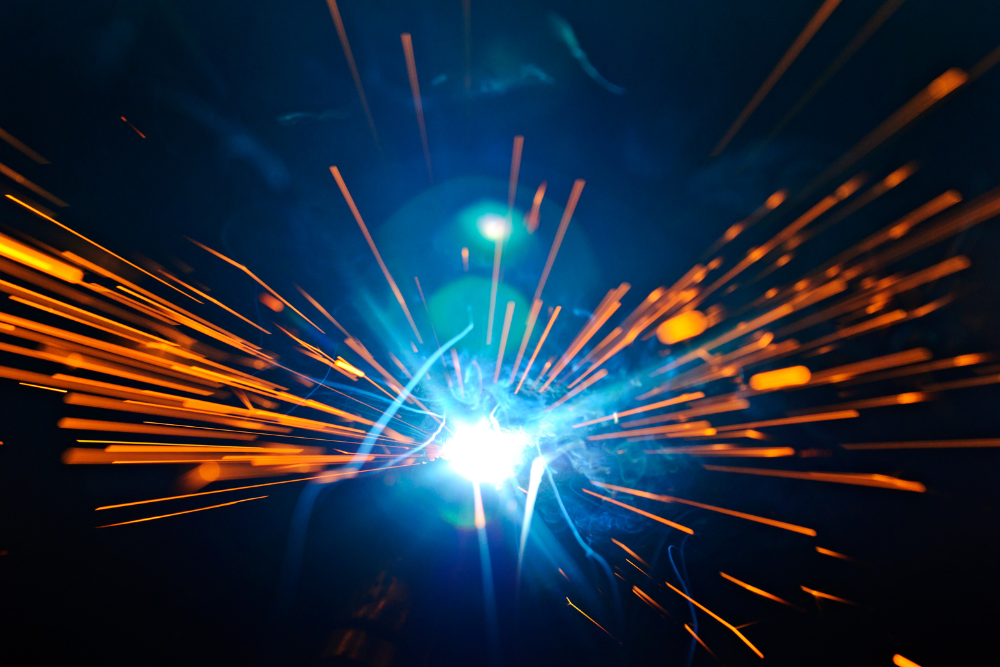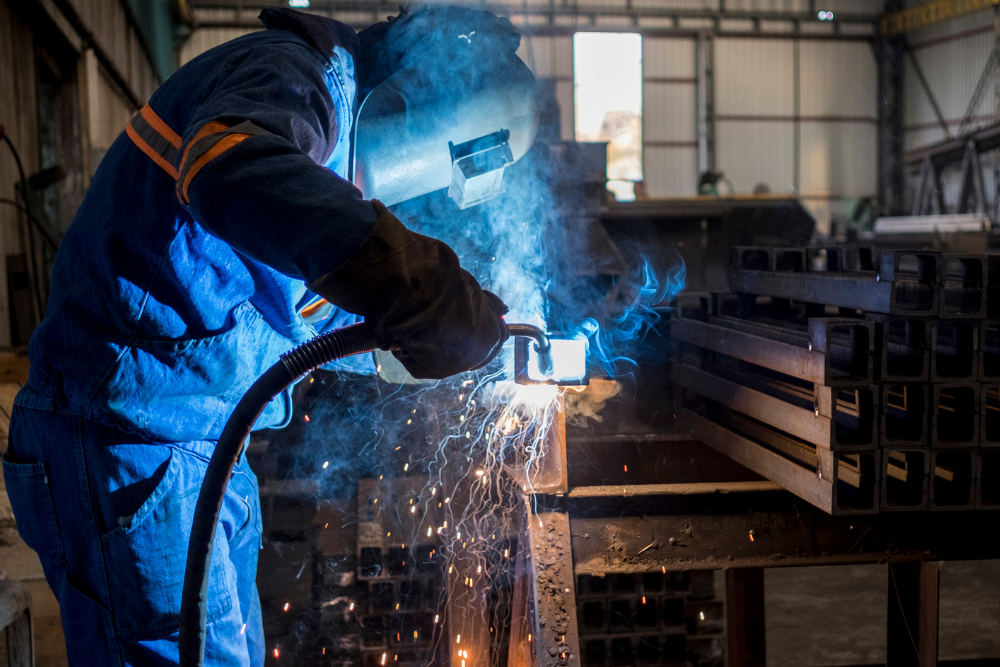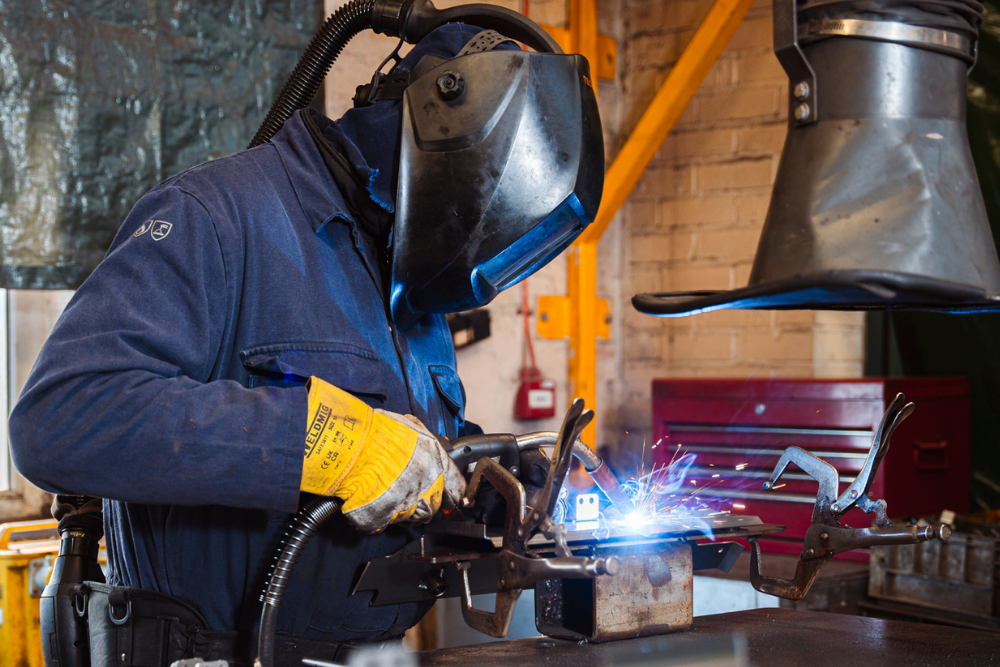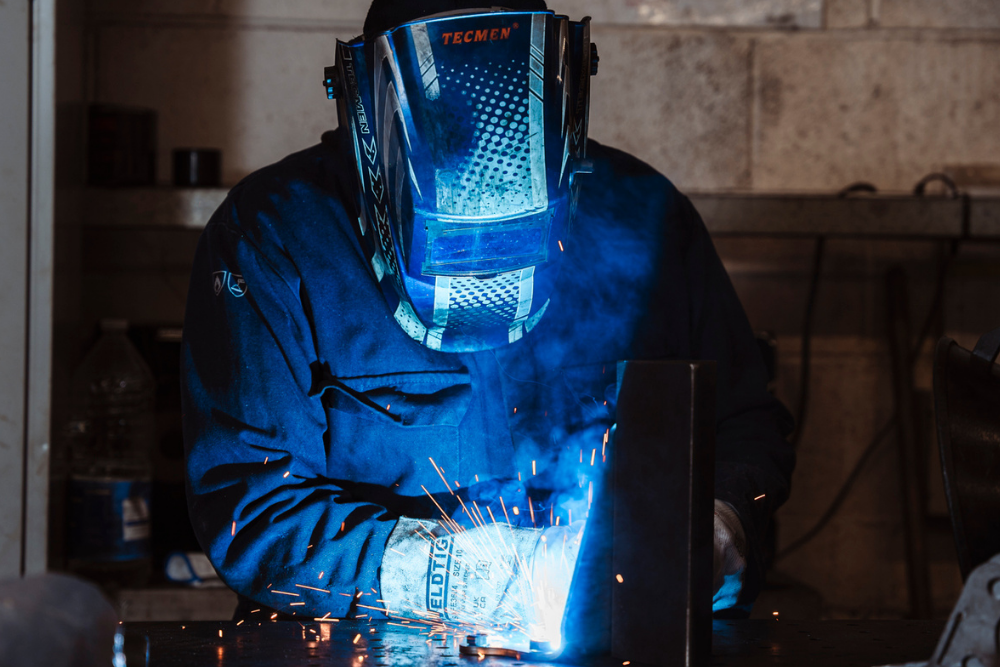Understanding Welding: Its Role, Uses, and Industrial Reach
Welding is a fundamental process in modern manufacturing, construction, and engineering. At its core, welding is the act of fusing two or more materials, typically metals or thermoplastics, using high heat to melt the parts and allowing them to cool and solidify into a strong joint. It plays a pivotal role in shaping the infrastructure that underpins our daily lives, from transport and architecture to specialist sectors such as defence and environmental engineering.
According to the Kemppi Welding Blog, welding encompasses numerous methods, each suited to different applications, with arc welding among the most common and versatile.
What Is Arc Welding and Why Is It Important?
Arc welding refers to a group of welding processes that utilise an electric arc to create heat, which melts the metal at the welding point. One of the most widespread types, shielded arc welding (often referred to as Shielded Metal Arc Welding or SMAW), is known for its simplicity, portability, and reliability, especially in outdoor environments.
Arc welding is used across a wide range of industries due to its strength and adaptability. Whether in heavy steel fabrication or lighter aluminium assemblies, this method enables precise and durable welds. For instance, companies offering metal fabrication services often deploy SMAW for jobs requiring strength under pressure, such as those in the construction or transport sectors.


Which Industries Use Welding?
Fabrication and welding are essential to many sectors, including:
-
Construction and infrastructure: Structural frameworks, bridges, and pipelines rely heavily on welding for durability and compliance with stringent safety standards.
-
Transport and automotive: From chassis components to railway systems, welding ensures strength and longevity.
-
Energy and renewables: Wind turbines, oil rigs, and power plants require welding to assemble complex, heavy-duty parts.
-
Defence and aerospace: Precision welding in this sector is critical for safety and performance.
-
Environmental and recycling equipment: Custom fabrication in welding allows for the creation of bespoke components used in waste management and green technology.
At Grenville Engineering, expertise in welding and fabrication spans these industries, supporting bespoke manufacturing and large-scale production.
Common Materials Used in Welding
Successful welding depends not only on technique but also on the properties of the materials involved. Steel, aluminium, sheet metal, brass and other alloys each require specific considerations.
For example, welding steel typically demands different parameters and filler materials compared to aluminium, due to varying melting points and conductivity. Experienced welding and fabrication companies near me will tailor their approach accordingly, ensuring a high-quality and lasting finish.
What Can Welding Be Used On?
From intricate components to large structural frameworks, welding is applied to:
-
Metal staircases and railings
-
Industrial machinery housings
-
Vehicle chassis and trailers
-
Architectural features and frameworks
-
Custom storage and containment solutions
These applications are made possible by the expertise found in fabrication welding shops near me, where skilled engineers handle both prototyping and production runs with precision.


Finding the Right Partner for Welding and Fabrication
Searching for “welding and fabrication near me” or “welding fabrication shops near me” reveals numerous providers, but not all offer the same level of quality or sector-specific experience. It is essential to choose a partner with in-house capabilities, such as CAD design, precision cutting, and in-depth knowledge of materials and methods.
Grenville Engineering exemplifies this approach, combining decades of experience with modern technology to deliver tailored solutions. Their capabilities extend across the design, fabrication, and assembly stages, giving clients peace of mind throughout the production process.
The Future of Welding and Fabrication
Welding is far more than just joining metals. It is a cornerstone of modern engineering, enabling the creation of complex and robust components across diverse industries. Whether you’re sourcing arc welding near me or searching for a reliable partner in fabrication in welding, choosing a company with the right expertise and infrastructure is essential.
As fabrication technology evolves, welding remains indispensable. Its role in ensuring structural integrity, functional performance, and design precision continues to drive innovation across the UK industrial landscape.





